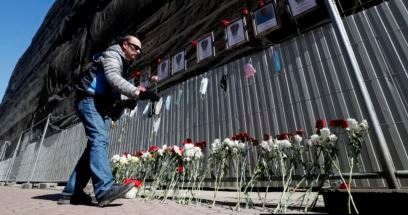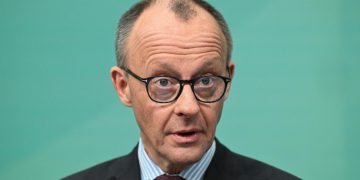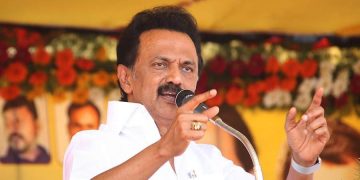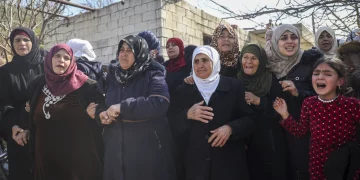Moscow: Some of the new pandemic restrictions prepared by Russian authorities go into effect next year, a top government official said Friday, reiterating the need for vaccine-hesitant Russians to get immunised against the coronavirus.
Two bills outlining the measures were introduced in parliament Friday.
They would restrict access to many public places, as well as domestic and international trains and flights, to those who have been fully vaccinated, have recovered from COVID-19 or are medically exempt from vaccination.
Deputy Prime Minister Tatyana Golikova, who heads Russia’s state coronavirus task force, said that restrictions on public places will take force Feb 1, 2022. Russians will need to present QR codes proving their status from a government website.
“People need to be given time to get vaccinated and complete the necessary paperwork,” Golikova said. “All of our citizens have an…Opportunity to get vaccinated in the meantime.”
Until then, people who can present a negative coronavirus test taken within the previous 72 hours still can enter all public settings. It will be up for regional government to decide which public places to include into the QR-code system.
The government will announce a separate date for when train and flight restrictions will take effect.
COVID-19 infections and deaths in Russia remain at all-time highs. The state task force on Thursday reported 40,123 new confirmed cases and 1,235 deaths — both numbers only slightly lower than the record daily tallies of 41,335 infections and 1,239 deaths recorded earlier this month.
The surge in infections and deaths comes amid low vaccination rates, lax public attitudes toward taking precautions and the government’s reluctance to toughen restrictions.
Fewer than 40% of Russia’s nearly 146 million people have been fully vaccinated, even though the country approved a domestically developed COVID-19 vaccine months before most of the world.
In total, the coronavirus task force has reported more than 8.9 million confirmed infections and nearly 253,000 deaths — by far the highest death toll in Europe.
Some experts believe the true figure is even higher.
Reports by Russia’s statistical service, Rosstat, that tally coronavirus-linked deaths retroactively reveal much higher mortality: 462,000 people with COVID-19 died between April 2020 and September of this year.
Russian officials have said the task force only includes deaths for which COVID-19 was the main cause, and uses data from medical facilities. Rosstat uses wider criteria for counting virus-related deaths and takes its numbers from civil registry offices where registering a death is finalized.
AP






































